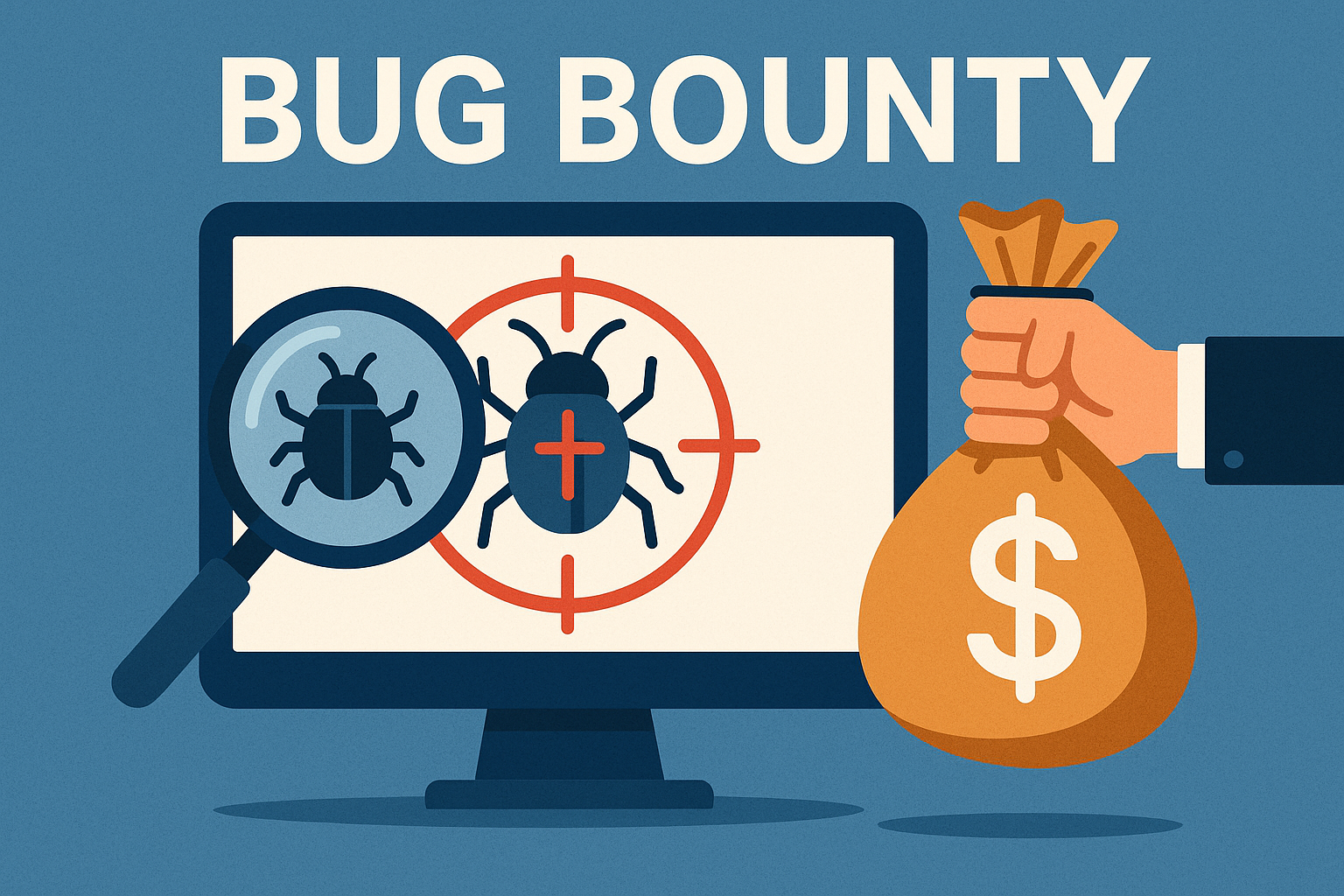Navigating the Maze: Ethical and Tactical Insights into Vulnerability Disclosure
When a cybersecurity researcher discovers a vulnerability in software, their next steps aren't always clear. Vulnerability disclosure—the practice of reporting security defects to the entities responsible—can land a researcher anywhere from being hailed as a hero to, mistakenly, a hacker. Effective disclosure requires understanding, strategy, and keen awareness of ethical boundaries.
The Context of Vulnerability Disclosure
Vulnerability disclosure isn't merely about finding bugs; it's about responsibly communicating them to the organization that can fix them. Ideally, this process includes a structured vulnerability disclosure policy (VDP) or a bug bounty program that articulates how to report the findings legally and ethically.
For instance, companies like Sage, recognized the gap and rely on mechanisms to receive vulnerabilities responsibly despite lacking a public bug bounty program.
Challenges in the Absence of a Disclosure Policy
Not all companies have a formal VDP. As a result, ethical hackers often resort to direct communication, picking the right contact information and carefully reporting the bug, crucially emphasizing why the issue matters—as illustrated in a discussion on Reddit.
Learning from Real-World Data
Repositories and platforms like HackerOne host thousands of disclosed bug reports that can serve as learning tools for upcoming cybersecurity researchers to understand the dynamics of bug reporting and response handling. For example, one forum post on Reddit mentioned using these disclosed reports as training data for AI, showing how historical data is useful beyond its initial purpose.
Zen and the Art of Bounty Requests
Should a researcher expect compensation for disclosing vulnerabilities? The answer is contingent upon many factors, including whether the company runs a bug bounty program. Guidance can be sought from cases discussed on platforms like ServerFault, where ultimate responses might vary significantly, from outright rejections to gratifying rewards.
Your Role in Securing the Digital World
Every bug you uncover and report responsibly stops potential exploits before they occur. This high-stakes game of digital cat and mouse improves software for everyone. Restarting your focus towards responsible disclosure, aligning with ethical guidelines, and maintaining persistent communication can transform your findings from mere discoveries to preventative measures guarding thousands, if not millions of users.
Actionable Tip: Before reporting a vulnerability, always search for the organization's vulnerability disclosure policy or contact them directly to determine the preferred procedure.
